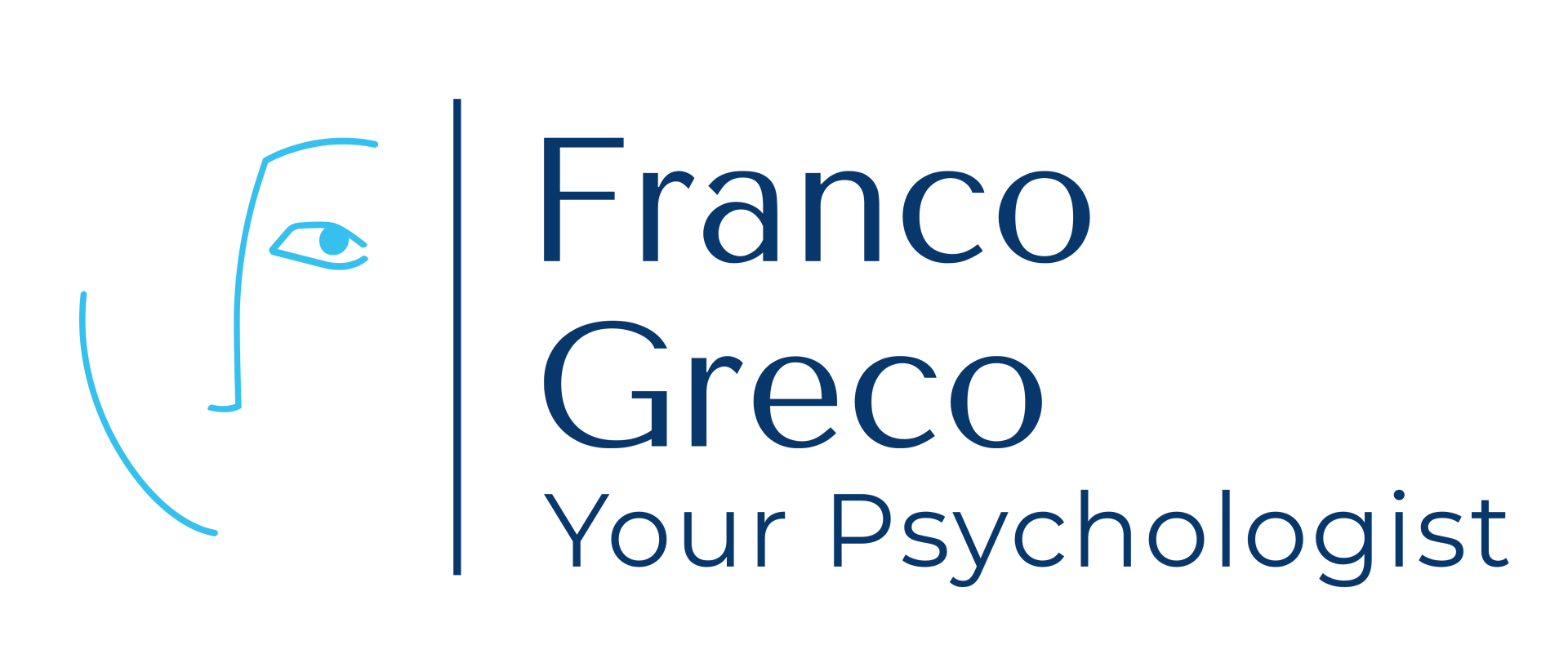How Does Your Childhood Impact On Your Relationships?
Franco Greco • June 17, 2020
Childhood experience has a central role in couple counselling.

We are built to be social, connected and seeking belonging. In this context, relationships have an important role in our lives.
Couples come to see me, in my private practice in Elsternwick, because they are having relationship problems. Often at the core of these relationship problems are each person's their individual beliefs and patterns of behavior. These are often shaped by early life or childhood experiences.
Schemas
There is significant research that states that individual develops core negative beliefs or schemas and this relates to the level in which their early childhood emotional needs are met.
Schemas develop in childhood and adolescence from an interplay between the child's innate temperament, and the child's ongoing damaging experiences with parents, siblings, or peers.
Dr Jeffrey Young
- who developed Schema Therapy - outlines four main concepts in the Schema Therapy model are:
- Early Maladaptive Schemas
- Core Emotional Needs,
- Schema Mode, and
- Maladaptive Coping Styles.
There are 18 Early Maladaptive Schemas
(EMS)- which are self-defeating, core themes or patterns that we keep repeating throughout our lives.
Early Schemas relate to the basic emotional needs of a child. When these needs are not met in childhood, schemas develop that lead to unhealthy life patterns. Each of the 18 schemas represent specific emotional needs that were not adequately met in childhood or adolescence.
Maladaptive Coping Styles are the ways the child adapts to schemas and to damaging childhood experiences. For example, some children surrender to their schemas; some find ways to block out or avoid pain; while other children fight back or overcompensate.
Schema Modes are the moment-to-moment emotional states and coping responses that we all experience. Often our schema modes are triggered by life situations that we are oversensitive to (our "emotional buttons"). Many schema modes lead us to overreact to situations, or to act in ways that end up hurting us.
What Does the Research Say
Research
on the role of EMSs on romantic relationships show that schemas play an active role in adult-related conflict, divorce process, marital satisfaction, couple satisfaction and individual mate value.
A study
conducted in 2012 by Dumitrescu & Rusu indicated that that individuals involved in a couple relationship, might manifest a
lower level of couple satisfaction because:
- they might have the feeling that the partner cannot offer them enough emotional support and the protection they need. They might also have the belief that they will be abandoned (abandonment / instability);
- they might believe that the partner does not offer them the love they deserve, and they might feel worthless (emotional deprivation, defectiveness);
- they might feel isolated and different from their partners (social isolation / alienation);
- they might believe that they are unable to carry out all the daily responsibilities without the help of their partner (dependence / incompetence);
- they might be extremely committed to the power of their partner in order to avoid anger and abandonment (approval seeking);
- they might maximize the negative aspects of their lives (pain, dead, grief, conflicts, blame, conflicts, unsolved problems, betrayals) and minimize the positive ones (negativity / pessimism).
Working with Couples
The main goals of Schema Therapy are:
- To help couples strengthen their Healthy Adult mode.
- Weaken their Maladaptive Coping Modes so that they can get back in touch with their core needs and feelings.
- To heal their early maladptive schemas.
- To break schema-driven life patterns; and eventually to get their core emotional needs met in everyday life.
What I see with a number clients who come for couple's counselling, is that one or both partners are faced with situations that trigger their schemas, they may find it hard to sufficiently meet each other's needs, show sensitivity and cognitive awareness and flexibility.
My role as therapist is to work with couples to recognise these needs and demonstrates a model of expressing loving understanding towards their past lack of fulfillment, and develop a more healthier approach or relationship with this unmet need - called the healthy adult.
I seek to educate couples to consider such moments as an intervention point to reduce the schema intensity and create a
mutually conscious relationship.
At this point, I encourage each person to start to interrogate
the existence of a specific role they always takes in relationships, the active schemas which they have, the schema-driven interactions, and the secondary gains that this match provides for them as individual and as a couple.
The schema awareness that is gained through these interrogations allows each person to better understand the factors that are effective in their relationship.
In Summary
Early maladaptive schemas impact on couples in a range of ways. They don't have their emotional need met, and each person is unable to find a healthy solution as long as they are not aware of their underlying schemas.
Helping couples move through early maladaptive schemas in relational problems enables them to understand their emotions, thinking and behaviors. This approach is extremely beneficial in conceptualising and helping couples with relationship problems.
Office Hours
Wednesday: 9am - 6pm
CONTACT ME TODAY
Thursday: 9am - 6pm
Friday: 9am - 6pm
or
SCHEDULE AN APPOINTMENT
